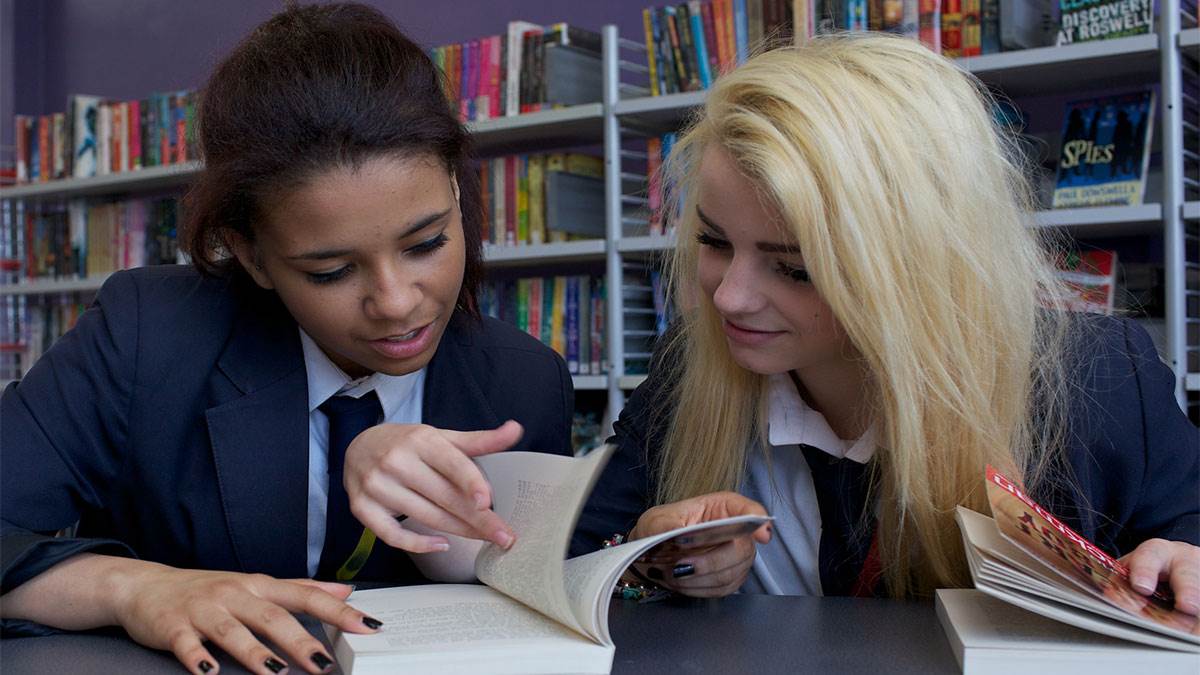Our programmes
Our programmes
Learn more about our range of projects and campaigns, designed to help people of all ages and backgrounds to enjoy reading and writing.
Books we love
Our favourite books this month
Every month, we review new children's books - and here are the ones we like best of all at the moment.
How to get every child reading for pleasure
Teacher top tips
School librarians and teachers from around the country share their favourite ways to help students love reading.


 Anne Cassidy is the author of over 40 novels for children and teenagers.
Anne Cassidy is the author of over 40 novels for children and teenagers. 





